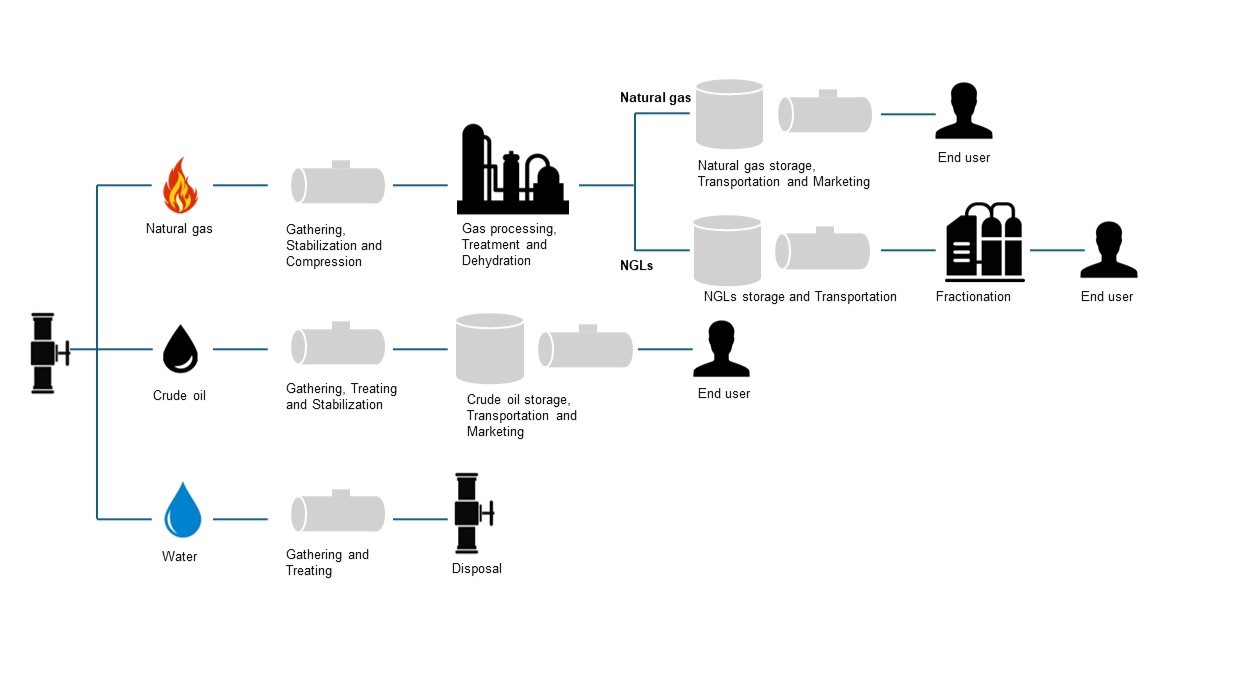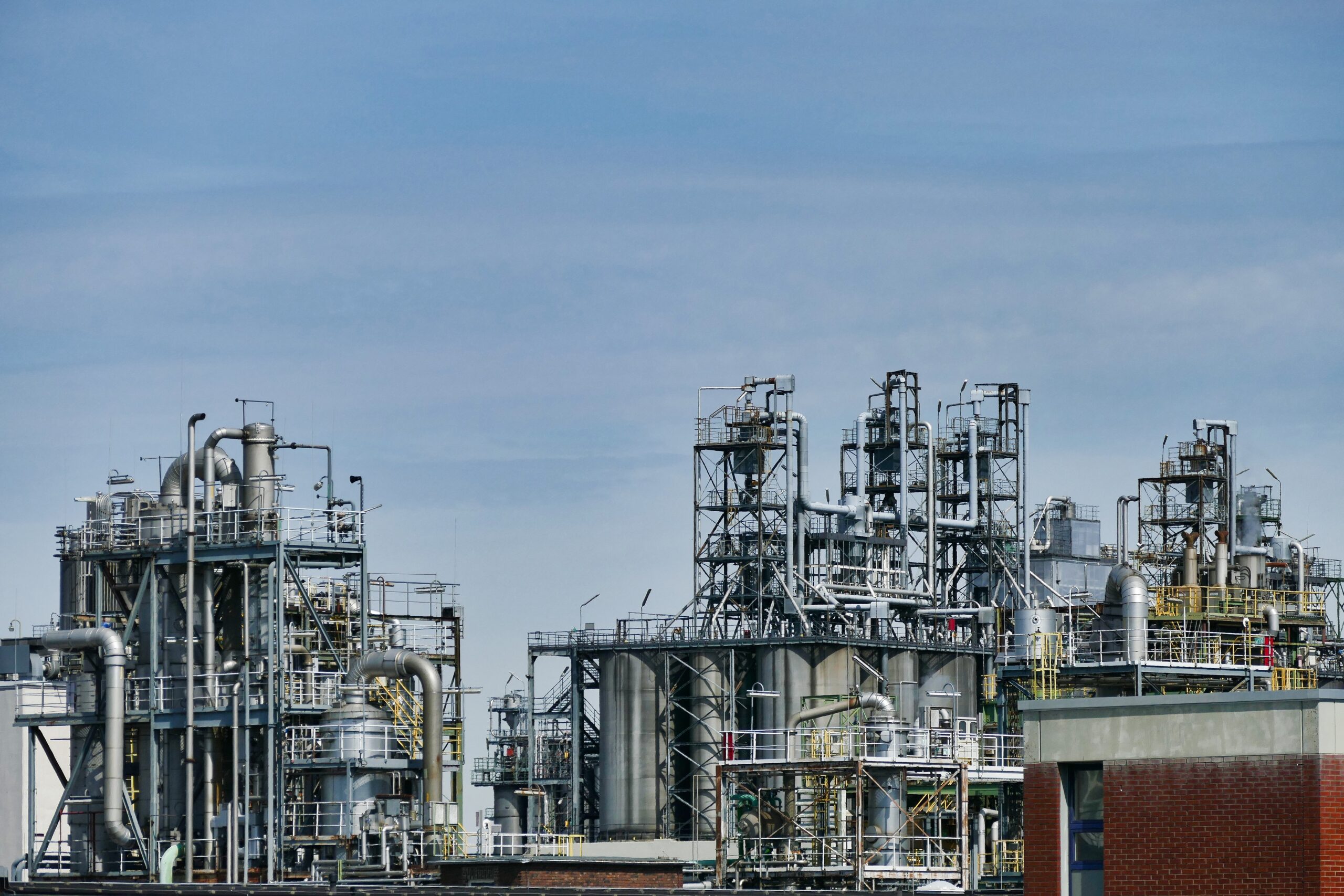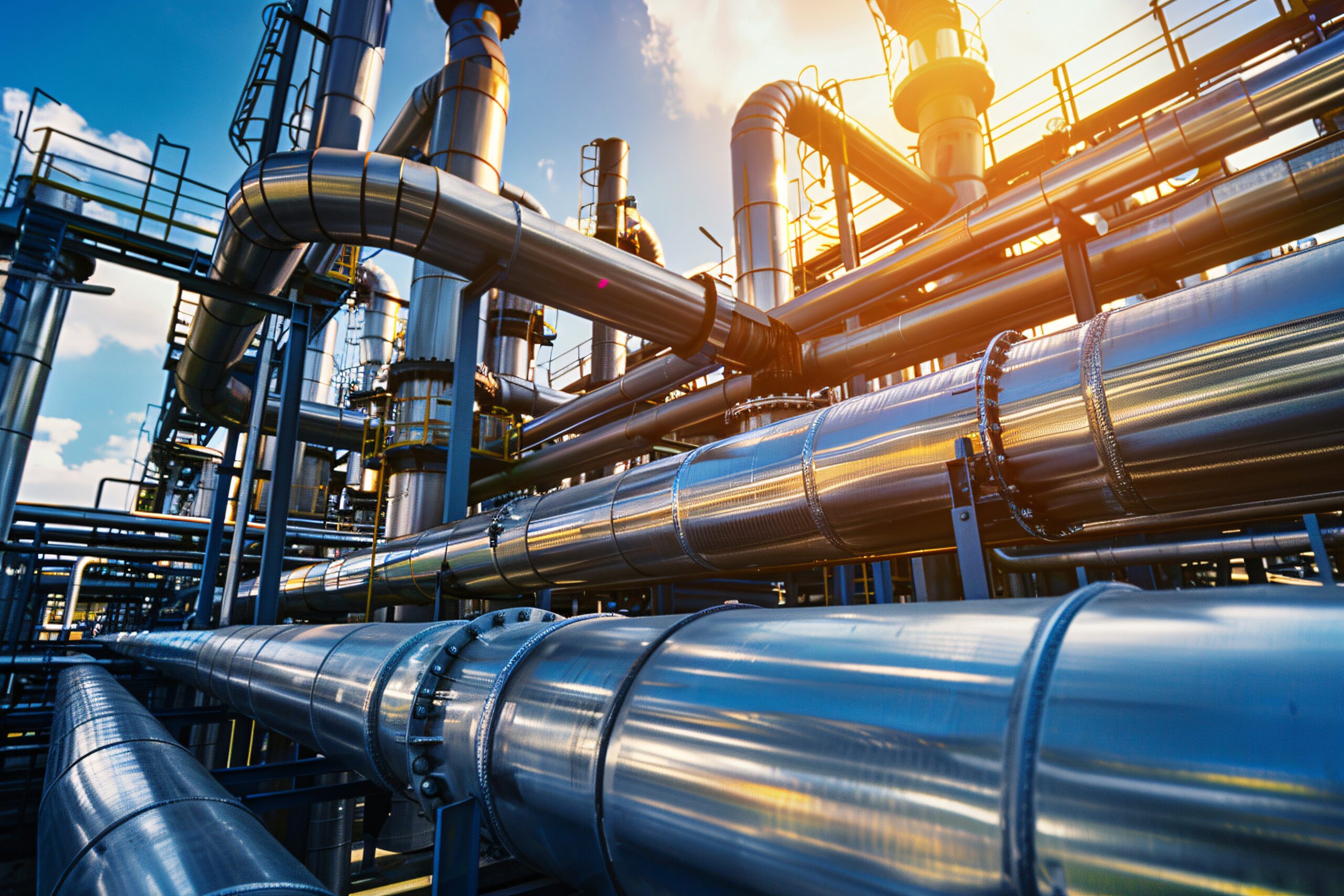Oil, Gas & Chemicals
The world’s energy infrastructure is woven intricately with the threads of oil, gas, and chemicals. These industries form the backbone of modern society, powering transportation, heating, and countless industrial processes. From the vast expanses of oil fields to the intricate laboratories of chemical plants, these industries fuel innovation, drive economies, and shape the course of human progress.
"We are a trusted partner to our customers, communities, and stakeholders. We work closely with our clients to understand their unique needs and provide tailored solutions that drive their success. Our commitment to building lasting relationships is based on mutual respect, transparency, and a shared vision for a sustainable future."
- Midstream: This includes the transportation, storage, and processing of crude oil and/or refined petroleum products.
- Downstream: This involves the refining of crude oil into various products, such as gasoline, diesel fuel, and heating oil, as well as the production of petrochemicals.
- Petrochemicals: Petrochemicals are a diverse group of chemical compounds derived from crude oil and natural gas. They form the backbone of modern industry, serving as essential raw materials for a wide range of products.
Our Approach
At FEVOL, we believe in a collaborative and customer-centric approach. We work closely with our clients to understand their unique needs and develop tailored solutions that meet their specific requirements. Our commitment to innovation and sustainability drives us to explore new technologies and explore emerging opportunities.
A Sustainable Future
We are passionate about creating a sustainable energy future for generations to come. By focusing on renewable energy, energy efficiency, and grid modernization, we are helping to reduce our reliance on fossil fuels and mitigate the impacts of climate change.

Midstream
Midstream is a critical segment of the oil and gas industry that bridges the gap between upstream production and downstream refining. It encompasses the transportation, storage, and processing of crude oil, natural gas, and refined products.
- Pipelines: These are extensive networks of underground or aboveground pipes that transport oil and gas from production sites to refineries, storage facilities, or export terminals. Pipelines are essential for ensuring a reliable and efficient supply of energy.
- Storage facilities: These include tanks, terminals, and caverns that store crude oil, natural gas, and refined products. Storage facilities help to balance supply and demand, ensuring a stable energy market.
- Processing plants: These facilities process crude oil and natural gas to extract valuable components and prepare them for further refining or use. Examples of processing plants include gas processing plants and fractionation units.

Downstream
Downstream is the final stage in the oil and gas industry, where crude oil and natural gas are refined into a variety of products that we use in our daily lives. This sector encompasses the refining of crude oil into fuels, lubricants, and petrochemicals, as well as the production and distribution of refined products.

Petrochemicals
Petrochemicals are a diverse group of chemical compounds derived from crude oil and natural gas. They form the backbone of modern industry, serving as essential raw materials for a wide range of products.
Petrochemical Products:
- Plastics: Used in everything from packaging and toys to automotive components and construction materials.
- Synthetic fibers: Found in clothing, carpets, and other textiles.
- Synthetic rubber: Used in tires, hoses, and other rubber products.
- Solvents: Used in paints, coatings, and cleaning products.
- Fertilizers: Essential for agricultural production.
- Pharmaceuticals: Many pharmaceuticals are derived from petrochemicals.